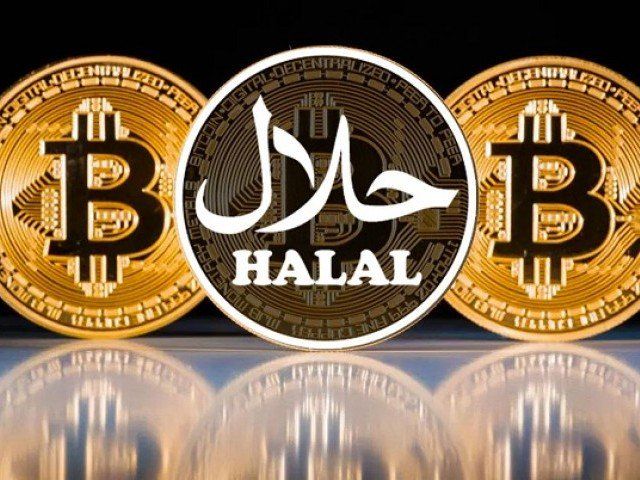We would like to acknowledge that we were premature in accusing the summit of Muslim countries in Kuala Lumpur last week of not discussing groundbreaking initiatives to unite the Islamic world across national borders (https://golosislama.com/news.php?id=37745). Recall that we made this comment on the basis of Turkish President Recep Tayyip Erdogan’s proposal to convert calculations between Muslim countries from dollars to national currencies, which we characterized as a step backward compared to earlier proposals to introduce a single currency – the Islamic dinar.
However, it turns out that a more daring proposal – to introduce a pan-Islamic cryptocurrency – was also put up for discussion. True, not by the initiator most Muslims would like to see. But let’s talk about everything in order.
Despite its appeal, the idea of a Muslim cryptocurrency raises many questions – both doctrinal and practical. The main doctrinal question – its permissibility or not – depends largely on the principles of its issuance or, more precisely, its generation. In other words, the attitude of potential users will depend on who issues this currency and on what principles.
The practical aspects also largely depend on the decision to the above question – what will be the scope of application of this cryptocurrency. After all, the idea itself is largely focused on calculations between independent, often small players who want to maximize their trading and money turnover outside of government regulation, which explains the popularity of bitcoin and many similar cryptocurrencies. In this sense, a state or national cryptocurrency is largely at odds with the very idea of a cryptocurrency. If we are talking about calculations in such “cryptocurrencies” for state exporters and importers, it is not very clear how this would differ from regular non-cash transactions.
In this regard, one cannot but recall the essence of the Islamic Dinar, Dirham andulus project, which was proposed by Islamic enthusiasts and economists to the governments of a number of Muslim countries. Its essence was to create a currency of calculation among ordinary Muslims around the world that would not be tied to a particular state or intergovernmental bureaucratic union, but to an objective value. For cash transactions, this objective value has for centuries been determined by gold and silver – hence the idea of the gold dinar and silver dirham, which have historically served as the currency of the Islamic world. For non-cash transactions, which are beginning to make up a significant portion of settlements today, this becomes more complicated. To solve this problem, the introduction of the e-Dinar has been proposed, in which electronic calculations are linked to gold deposits in special storage facilities with an electronic accounting and payment system.
But within the framework of this project, there was also an idea that anticipated the idea of cryptocurrencies, with the difference that, unlike the latter, it was not implemented. This is the idea ofulus – contractual money, which can be anything the parties agree to accept (except obviously prohibited values). And this principle, applied to platforms like blockchain, is largely the idea of a cryptocurrency.
However, all of these groundbreaking ideas have been hampered by one key obstacle – the lack of a market in which to implement them. Well, there is such a market – the global financial market. But since Muslims did not become the initiators of this revolution, although they had every opportunity to do so, they ended up as consumers of the global cryptocurrencies that were introduced for them and instead of them. As for the alternative in the form of an “Islamic market”, the creation of an economic and social infrastructure where the Islamic “cryptocurrency” could be in demand would imply the launch of integration projects that are clearly not in the interests of the leading political and economic circles of Muslim countries.
So, although we are forced to admit that we were wrong to criticize the leaders of Muslim countries for the lack of groundbreaking unifying initiatives, in reality we were not far from the truth – even in the case of the practical implementation of the idea of a “Muslim cryptocurrency”, it will most likely turn out to be an analog of non-cash transactions between Muslim countries in national currencies.
And now let’s talk about the unpleasant part that was promised. Unfortunately, it was not one of the numerous Sunni countries present at the summit that came up with such an initiative, but Khomeinist Iran. And the problem here is not just that any unifying initiatives coming from a sectarian state that is at war with the Muslim majority in several Middle Eastern countries cannot be taken seriously.
The problem is that Iran, which draws on the long-standing intellectual heritage of Persian civilization (which only became Shiite under the Safavids), remains in many ways a step ahead of Sunni countries whose elites do not pay due attention to the development of political science and political thought.

